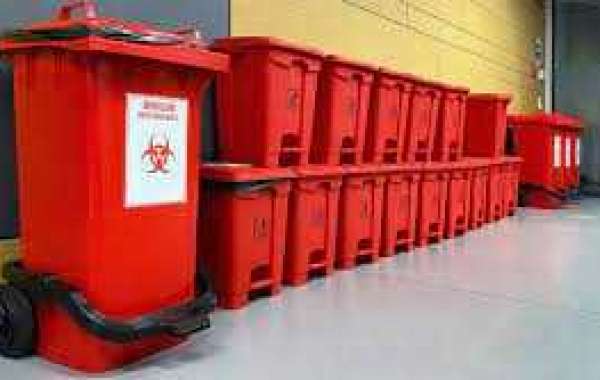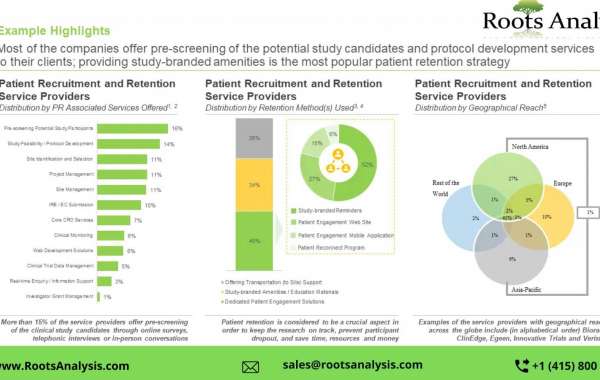The safe and responsible management of medical waste is a critical aspect of healthcare operations. Hospitals and healthcare facilities generate a substantial amount of medical waste daily, and ensuring its proper disposal is essential to protect public health, staff safety, and the environment. This is why more and more healthcare institutions are choosing to partner with professional medical waste disposal services. In this article, we will delve into the reasons why such partnerships are vital for hospitals and healthcare facilities.
Compliance with Regulations
Healthcare is one of the most regulated industries, and medical waste disposal is no exception. There are stringent federal, state, and local regulations in place to govern the proper handling, transportation, and disposal of medical waste. Healthcare facilities must comply with these regulations to avoid legal penalties and ensure the safety of their staff and the general public. Professional medical waste disposal services specialize in adhering to these regulations, guaranteeing that waste is managed in accordance with the law, which can be a complex and ever-evolving field.
Ensuring Safety
Medical waste, which includes items like contaminated needles, hazardous chemicals, and infectious materials, poses serious health risks. It is vital to keep healthcare staff, patients, and the surrounding community safe. By partnering with professional waste disposal services, hospitals can ensure that hazardous waste is managed with the highest safety standards. These services provide secure collection, transportation, and disposal methods, minimizing the potential for accidents, injuries, and exposure to pathogens.
Efficiency and Expertise
Managing medical waste is a specialized field that requires knowledge and expertise. Hospitals have a wide range of responsibilities, and handling waste disposal internally can be time-consuming and may divert resources from core medical activities. Professional medical waste disposal services have the necessary knowledge and equipment to efficiently handle waste, leaving healthcare staff to focus on patient care. These services are experts in waste segregation, packaging, and transportation, ensuring that waste is properly managed from the point of generation to its final disposal.
Cost Savings
While it may seem counterintuitive, partnering with professional medical waste disposal services can often lead to cost savings in the long run. These services are equipped to manage waste efficiently, reducing the risk of costly compliance violations or accidents that can result from mishandling medical waste. Moreover, outsourcing waste disposal can help healthcare facilities streamline their operations and allocate resources more effectively, ultimately improving the bottom line.
Environmental Responsibility
Proper medical waste disposal is not only about human safety but also about protecting the environment. Professional waste disposal services are well-versed in environmentally responsible practices, such as recycling, energy recovery, and the safe disposal of hazardous waste. By partnering with these services, hospitals can contribute to a greener and more sustainable future while minimizing their carbon footprint.
Peace of Mind
By entrusting medical waste disposal to professionals, healthcare facilities can enjoy peace of mind, knowing that this critical aspect of their operations is in capable hands. It allows healthcare staff to focus on their primary mission – providing quality patient care – without the added stress of managing waste disposal intricacies.
Conclusion
In conclusion, the partnership between hospitals and healthcare facilities with professional medical waste disposal services is a prudent decision. It ensures compliance with stringent regulations, enhances safety, promotes efficiency, and contributes to cost savings. Additionally, these partnerships reinforce environmental responsibility and provide peace of mind for healthcare administrators and staff. Ultimately, professional medical waste disposal services are essential allies in the mission to protect public health and the well-being of our communities.














